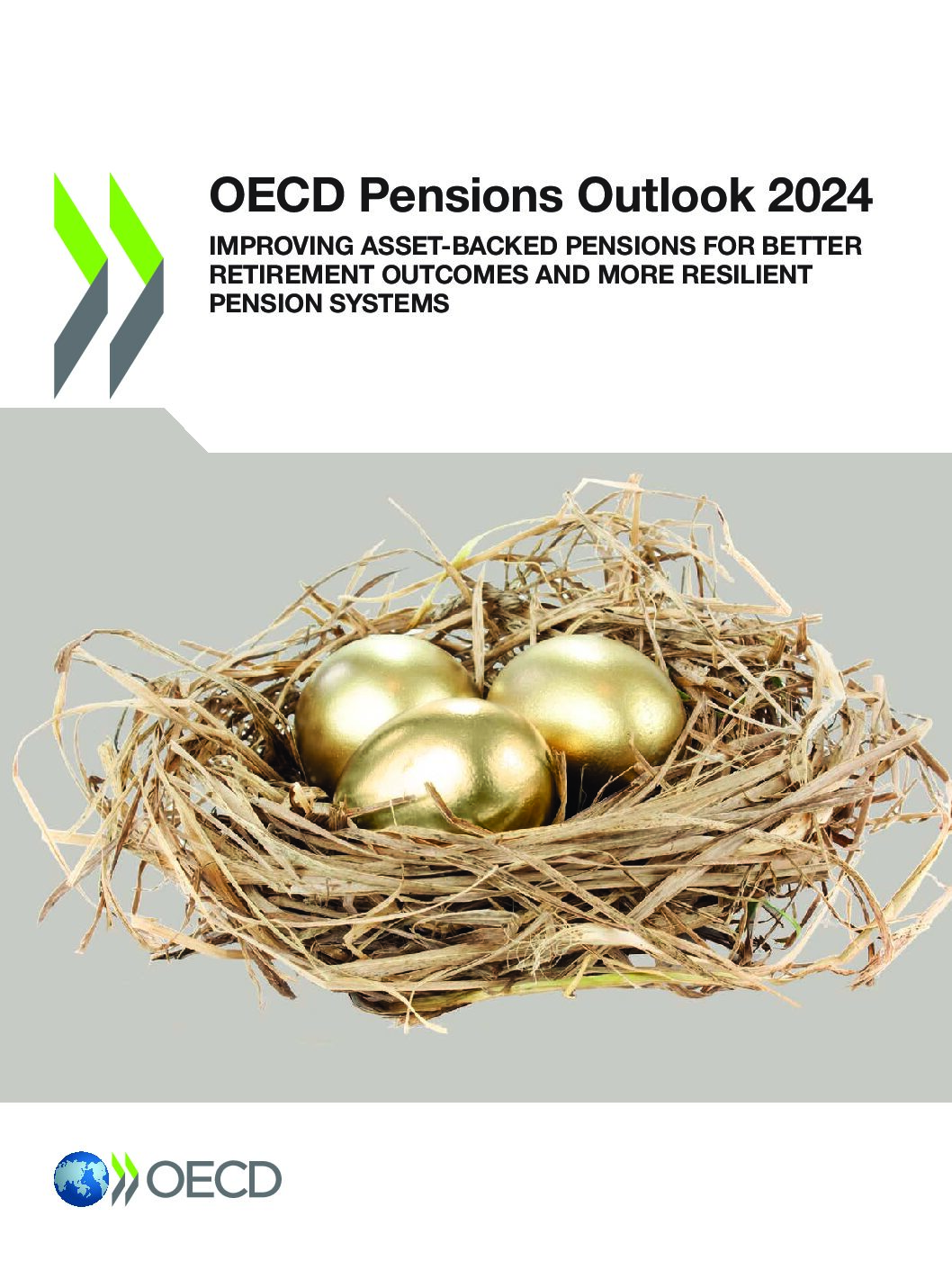Markets and Mandates: Retirement in Chile and the United States
By Manisha Padi
Ordinary Americans are accustomed to a strict separation between private markets and public-benefits programs. Government programs, such as Social Security for retirees, disburse benefits to households without regard to the private options available to them. Conversely, private-market regulators, including the Securities and Exchange Commission, make rules about private retirement savings without accounting for public retirement benefits. The result is a disjointed experience for American retirees, whose public benefits are restricted by the Social Security Administration but whose private retirement accounts are so lightly regulated that significant wealth can be lost to conflicted intermediaries.
Using an international comparative case study, this Essay demonstrates that this approach has significant disadvantages. In Chile, retirement pensions are privatized, meaning that the Superintendencia de Pensiones oversees both benefits and private-market regulation. Moreover, Chilean policy offers more choices for retirees to meet their needs than Social Security in the United States. Ultimately, these benefits result in private markets with more competition and lower prices. This Essay argues that U.S. regulators can learn from their Chilean counterparts by improving their coordination across public benefits and related private-market regulation and by providing more choices to retirees. Balancing markets and mandates in policy design can improve market efficiency and result in more just outcomes from government programs.
Source: SSRN
214 views










